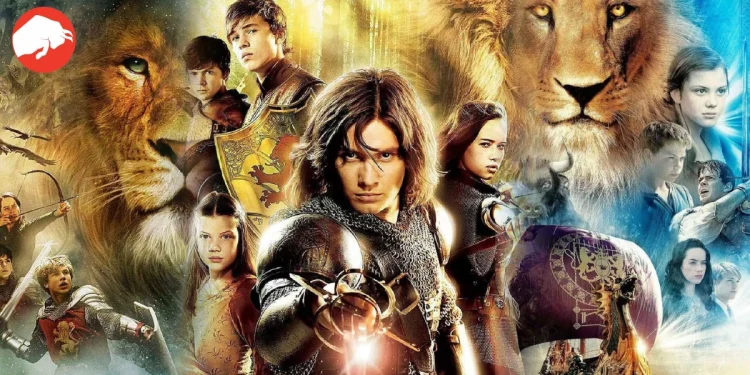A Deep Dive Into the Narnian Universe: Its Epic Past and Uncertain Future
“Among the most beloved books in British literature, CS Lewis’s The Chronicles of Narnia series is a staple of childhood and has been since it was originally published in the 1950s,” and that magic hasn’t dulled an iota over the years. For fans, film buffs, and fantasy enthusiasts alike, there’s something irresistibly enchanting about the world behind the wardrobe. But how has this beloved series fared when translated to the screen?
The Reluctance of CS Lewis: Preserving Narnia’s Integrity
CS Lewis, the intellectual and creative powerhouse behind the Narnia series, held reservations about its cinematic potential. Lewis was of the belief that his work wouldn’t find justice on screen and hence, “refused to sell the rights to his work during his lifetime.”
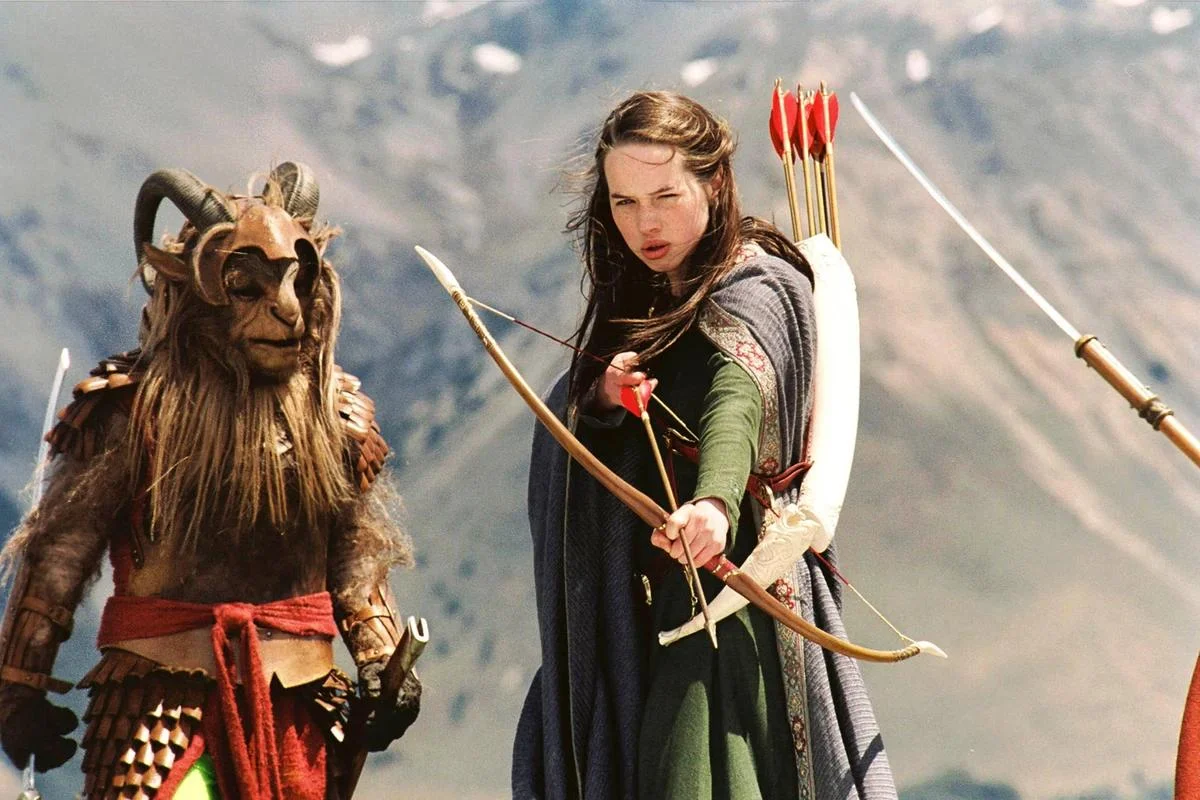
The Early Birds: ITV and BBC Step Into the Ring
The magical world of Narnia first made its appearance on the small screen after Lewis’s death in 1963. An ITV adaptation of The Lion, the Witch and the Wardrobe got the ball rolling, followed by an American animated series in the following decade. But it was the BBC’s 1988-1990 serial that gained considerable attention, charting the journey of the first four books.
Blockbuster Aspirations: The Dawn of the 2000s Adaptations
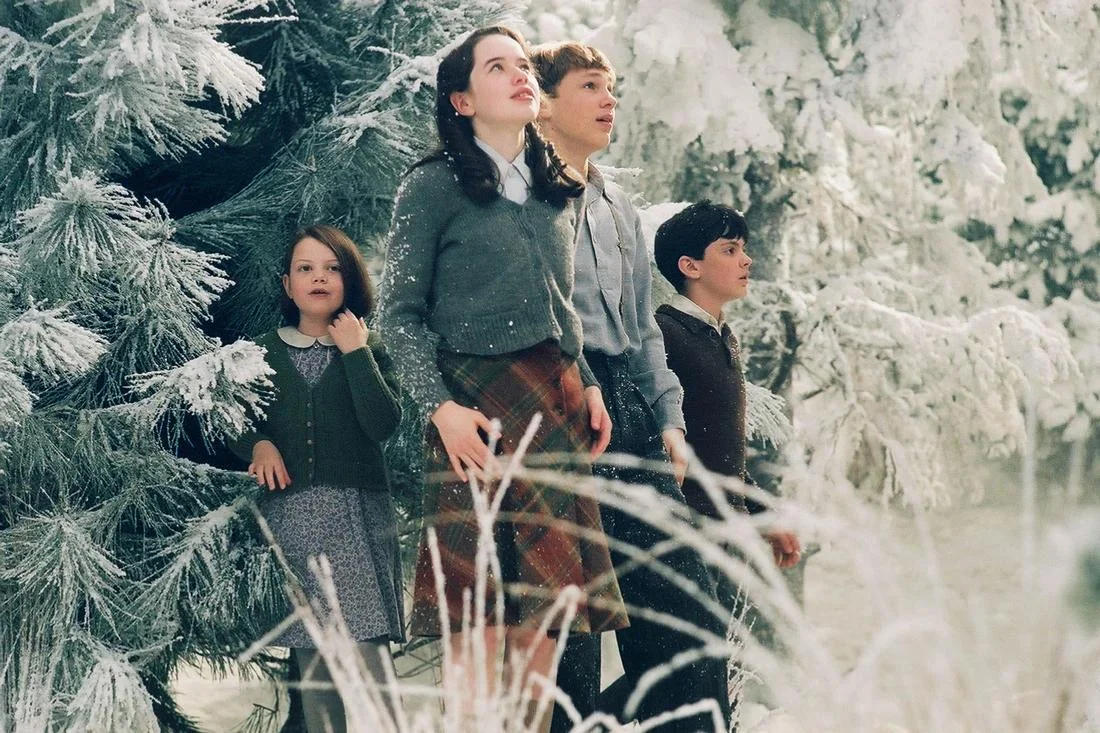
In the wake of monumental fantasy adaptations like Harry Potter and Lord of the Rings, it seemed Narnia’s time for the big screen had come. “It took until the 2000s for Narnia to find the big screen,” and it arrived with much pomp and anticipation. Studios were buying up fantasy properties faster than you can say “Aslan,” hoping to find the next big hit. Narnia was in the queue with other adaptations like A Series of Unfortunate Events, The Spiderwick Chronicles, and Eragon.
Book to Big Screen: The Successes and the Pitfalls
The Lion, the Witch and the Wardrobe: The Golden Child
“A box office juggernaut upon release just before Christmas in 2005,” The Lion, the Witch and the Wardrobe followed the wartime evacuation of the Pevensie siblings into a mystical realm. With names like James McAvoy, it was no surprise that the film was set to be a blockbuster.
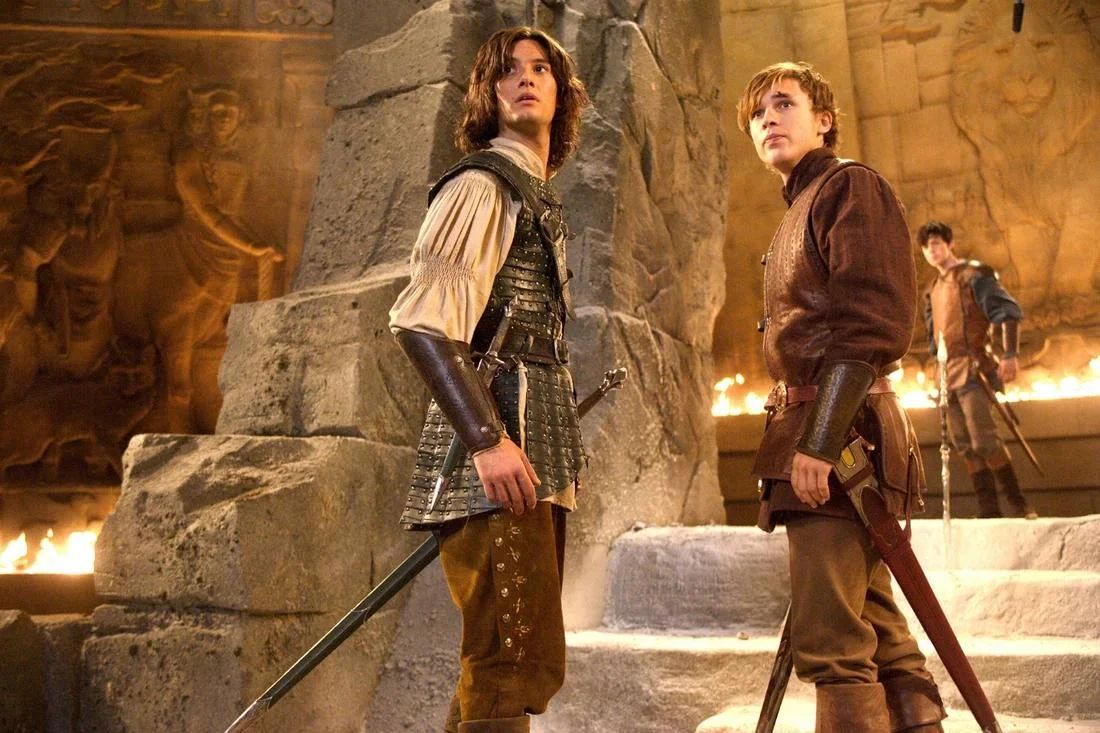
Prince Caspian: The Forgotten King
“Not as successful as the first film,” Prince Caspian was met with a more muted reception. Despite shifting the narrative focus more towards Caspian himself, the film was criticized for its violence and could not replicate the financial success of its predecessor.
The Voyage of the Dawn Treader: The Lost Voyage
The third installment featured the youngest Pevensie children embarking on a quest to save Narnia from evil spirits. Despite its Christian themes, “the film received largely negative reviews.”
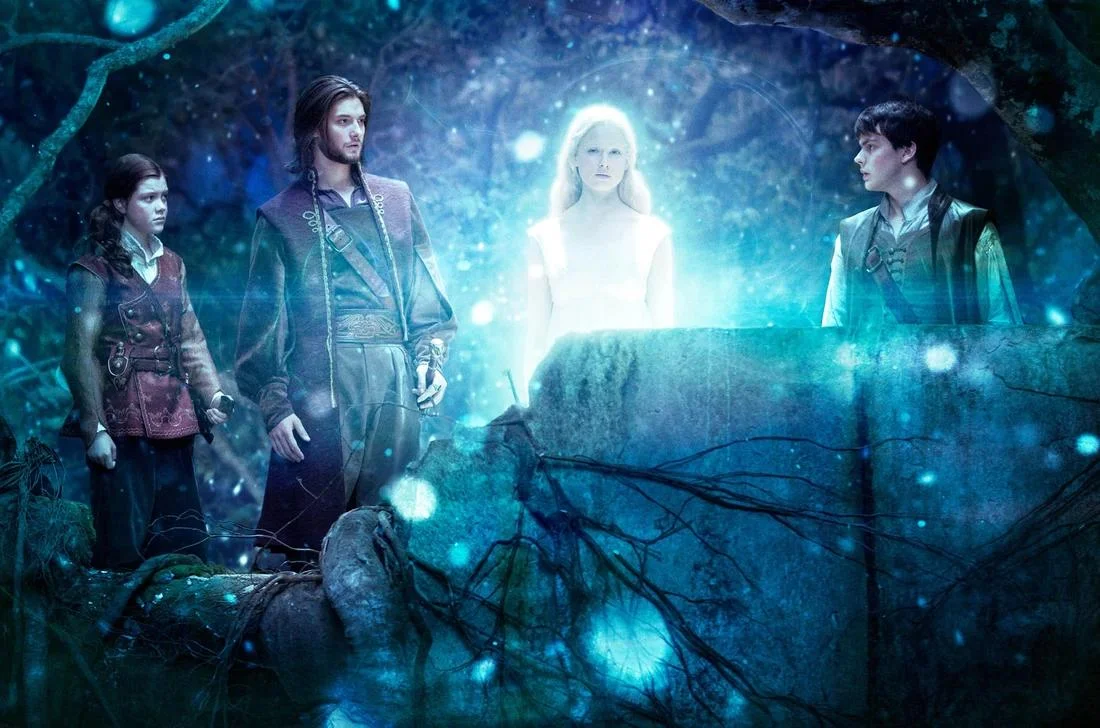
Netflix and the Future of Narnia: What’s Cooking?
“After 2010’s The Voyage of the Dawn Treader, the rights to the books reverted back to CS Lewis’s estate.” Netflix jumped into the fray in 2018, acquiring rights for future films and TV shows. Yet, fans and even Lewis’s stepson Douglas Gresham have been left in the lurch. “I have not heard a word from them. I’m kind of getting worried myself as to whether anything’s ever going to happen,” Gresham stated.
A Realm in Waiting: Narnia’s Future on the Silver Screen
It seems like Narnia is stuck in its own magical world, waiting for the next visionary to lead it out of the wardrobe and onto our screens. Will it be Netflix, or will the rights gather dust once again? As the Pevensie children would say, “once a king or queen in Narnia, always a king or queen.” Let’s hope the same holds true for Narnia’s cinematic destiny.
Whether you’re revisiting the classics or stepping into Narnia for the first time, keep your eyes peeled for what could be the next big chapter in this storied franchise. Until then, the realm remains dormant, but never forgotten.


